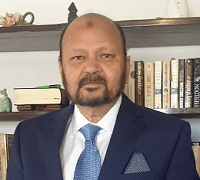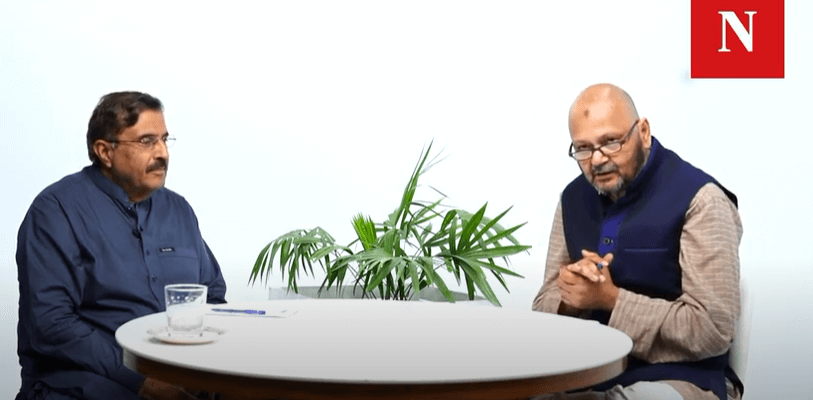Do most Pakistanis really care about who chairs the Senate — the ruling coalition’s Sadiq Sanjrani or the opposition’s Yousuf Raza Gilani? The Senate election validates that our times’ defining battle isn’t necessarily one that is progressive vs. conservative or rural vs. urban or even democracy vs. fascism. It is about facts vs. misinformation. And in some ways, that struggle is more elemental to a functioning society than any of the others. If every basic fact is disputed or called into doubt, a common, agreed-upon reality will become ever more elusive. Because in such a situation, we become unable to deliberate or compromise or make informed decisions. Liberal democracy itself becomes an unsustainable enterprise. Senate elections have always been clouded some suspicion, as lawmakers’ loyalty is known to have been bought and sold. And this is be expected — our politicians are rarely on the side of the voters.
But Senate elections have consequences. One of the more commonly attributed advantages to a parliamentary system is that it is one that makes it faster and easier to pass legislation. This is because the executive branch is dependent upon the legislative branch’s direct or indirect support and often includes members of the legislature. Thus, this would amount to the executive (as the majority party or coalition of parties in the legislature) possessing more votes in order to pass legislation. When viewed from this perspective, Imran Khan’s vote of confidence was an unarguably brilliant move.
However, the majority of Pakistanis are more focused on the devastation caused by the coronavirus than the theatrics telecast by all the local news channels. The World Health Organisation declared COVID-19 a pandemic precisely a year ago. Now that we have vaccines, the UN Secretary-General António Guterrez has criticised “the many examples of vaccine nationalism and [global] hoarding.” Making vaccines available equitably presents the “greatest moral test of our times,” he says. Despite appeals by international organisations and efforts to pool resources so that all countries can begin inoculating at least a fraction of their most vulnerable people at the earliest, several countries have been unable to administer even a single dose, although vaccines were beginning to be stockpiled since November last.
Can Pakistan vaccinate 70 percent of its population by the end of 2021 given that conspiracy theories, myths, and disinformation impede the mass inoculation drive? The Pakistani government launched its COVID-19 vaccination drive in February, starting with frontline health workers. After successfully inoculating 37,289 by mid-February, the authorities began registering other civilian groups. The government hopes the COVID vaccine will be able to contain the spread of the coronavirus. Still, not everyone is willing to get a shot.
Conspiracy theories related to the vaccine abound in the Muslim-majority country. According to a report published by Gallup Pakistan, 49 percent of the population is reluctant to get vaccinated even if it is offered free of cost. Experts say that misinformation and religious beliefs are responsible for people’s mistrust of the vaccine. While there is some reprieve to be found in the fact that more vaccines are in the pipeline, there will always be the concern that the poor, the old, and the digitally naive will be shortchanged. The UN must continue to exert pressure on the privileged nations to improve global availability and bear upon countries to enhance equitable access within their territories.

Editor, Narratives




Too much emphasis on Senate elections at the beginning and highlighting the contenders made me wonder if I am watching “Live with Shahid Masood” as I was expecting “Health first”.
Anyhow the later half of the article was relevant, informative and yet very concerning especially where one reads “ the Gallup PAkistan” observations and 49% people have reservations about the Covid vaccine. A well written article and thanks for sharing your views .